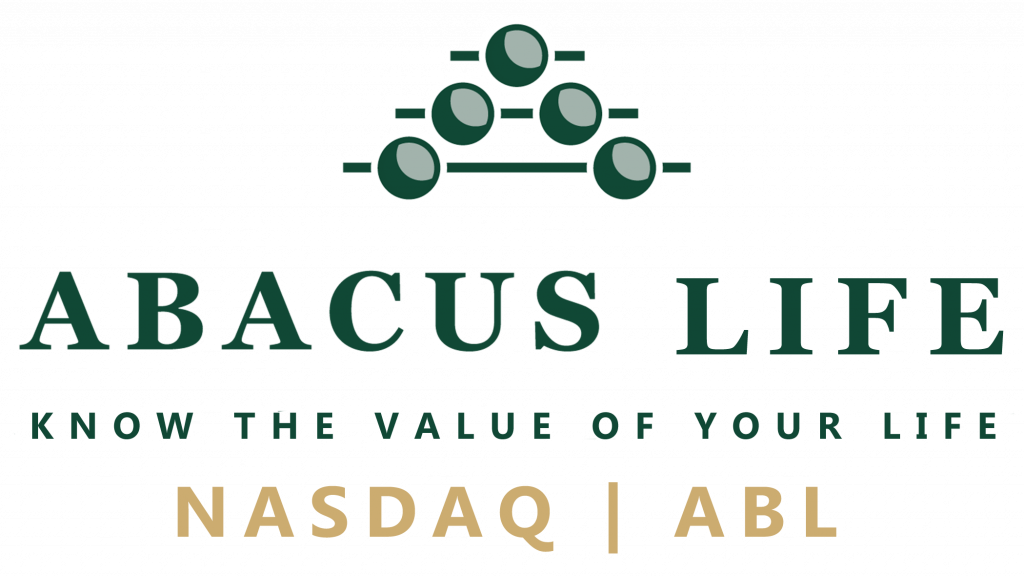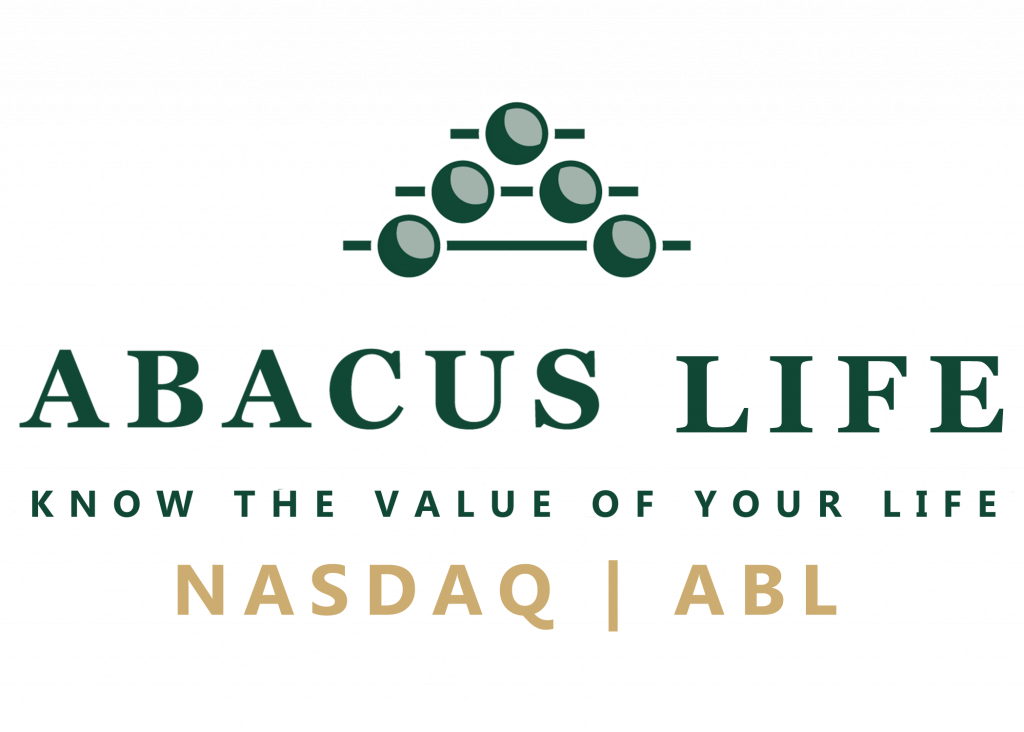A lucrative option for life insurance, a life settlement can solve many financial issues for seniors. By definition, a life settlement is the financial transaction of an existing life insurance policy to a licensed life settlements buyer for more than its cash surrender value, but less than its death benefit. The policy owner transfers ownership and beneficiary rights to an institutional investment fund, like Abacus Life Settlements. The insured receives a lump-sum cash payment that can often be 6 times greater than the cash surrender value, in exchange for transferring ownership. The money belongs to the policy seller and can be spent entirely at their discretion. Life settlements can also be in the form of a paid-up death benefit.
Now rises the question – how much is a life settlement worth?
Each life settlement case is unique. There is not one unified answer to determine exactly how much each settlement will be, however, there are a few qualifying factors that help best generate each offer. The extent of cash you may be offered for your policy can vary considerably based on the details of your case. These qualifying factors include:
– Life Expectancy: Life expectancy is the approximate number of years someone can anticipate to live based on the present age, health conditions, and lifestyle. A professional underwriting team uses the insured’s health information, current age, and information to calculate their life expectancy.
– Age of the Insured: An older insured can expect to receive a higher payout than a younger individual in similar health with a similar policy. That is primarily due to estimated future premium debts and life expectancy.
– Health of the Insured: The insured’s present health condition is essential on the life expectancy calculation. The insured’s health at the point in time the policy was issued could discover significance within the pricing illustration. For that reason, the insured’s health is an essential factor in determining your policy’s value.
– Premium Schedule: Your premium schedule was established when you initially acquired the life insurance policy and is part of your contract. It summarizes the premium requirements for the duration of the policy and any rate escalations that will occur throughout the insured’s lifetime. More significant premium expenses reduce the amount the provider can provide to pay for your life insurance policy.
– Premium Payments: Utilizing the premium schedule and life expectancy, the provider can establish the approximate overall premium payments required throughout the insured’s life to maintain the policy in force. The further the provider anticipates paying premiums, the fewer they can pay upfront.
– Policy Type: Though nearly any type of life insurance can qualify for a life settlement, the kind of policy can affect not only eligibility, but the size of the payout as well.
- Selling a universal or whole life insurance policy: With permanent policies that can create cash value, the volume of the cash reserve can be a deciding factor in whether the policy can be eligible, and how much you might get when selling it.
- Selling a term life insurance policy: With selling term life insurance policies, the policy will frequently need to be convertible, except in the case of a viatical settlement. If the insured has a chronic/terminal illness, a non-convertible term policy may qualify. Other policy types, such as keyman or group policies, will require an assessment on a case-by-case basis.
– Length of Ownership: Varying on the state in which you reside, you may be subject to a waiting period from the date you initially purchased the policy prior to selling it. This is determined by state law.
– Policy Size: As fundamental as it may seem, the greater the policy, the higher the payout—because the payout can be seen as a percentage of the total face value of the policy. For instance, the payout for a $1,000,000 life insurance policy will be larger than the payout of a $100,000 policy, if all factors are identical and both settlements were estimated at 30% of face value. With this situation, that is the distinction in $300,000 or $30,000.
Abacus Life Settlements treats each life settlement case personally and with the utmost sensitivity and confidentiality. Abacus Life works to maximize each offer, ranking #1 in the settlement industry for largest payouts, based on these aforementioned qualifying factors. It is always recommended to contact an Abacus Life representative to see if your specific case qualifies.

